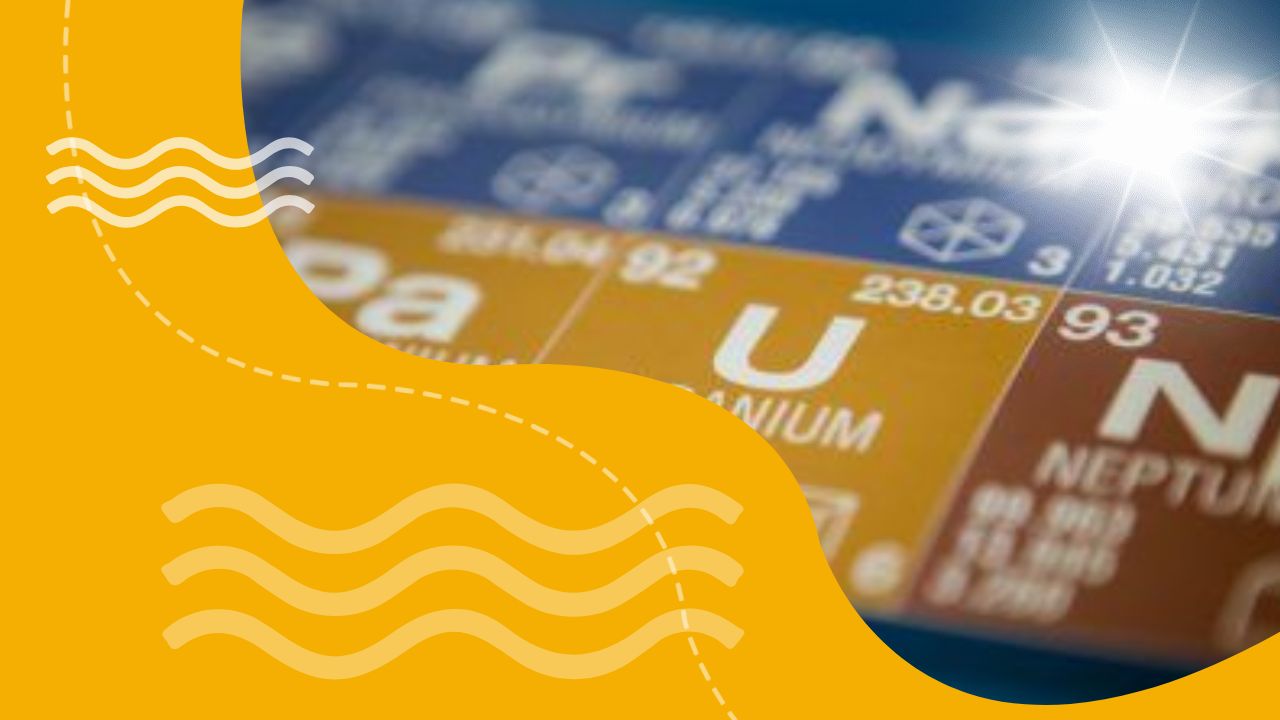A $1.6-billion uranium mining deal between France and Mongolia, aimed at diversifying supplies for France’s nuclear reactors, faces political obstacles that may delay its finalization until after the upcoming elections in June, sources familiar with the matter revealed. The agreement, concerning the development and operation of the Zuuvch-Ovoo mine, was initially outlined during a visit to Paris by Mongolia’s President, Khurelsukh Ukhnaa, in October, with expectations for a final investment agreement by the end of last year and production commencement in 2028.
However, setbacks including the resignation of Mongolia’s chief negotiator and concerns over safeguarding strategic resources have led to delays and necessitated the redrafting of the deal. The potential postponement or cancellation of the project poses challenges for Orano, the French uranium producer, which views the plan as vital for expanding its supply sources amidst increasing global demand.
While Mongolian government representatives were unavailable for immediate comment on the contract delays, Orano affirmed ongoing negotiations and expressed optimism regarding finalizing the agreement promptly. The context of the deal underscores France’s efforts to bolster Mongolia’s strategic sovereignty amid its positioning between influential neighbors Russia and China, with the aim of reducing dependency on external energy sources.
However, geopolitical tensions and Russia’s assertive stance in the region, coupled with Mongolia’s energy vulnerabilities, have added complexities to the negotiation process. The situation underscores the broader geopolitical dynamics at play, including heightened competition for access to critical resources and influence in strategic regions.


